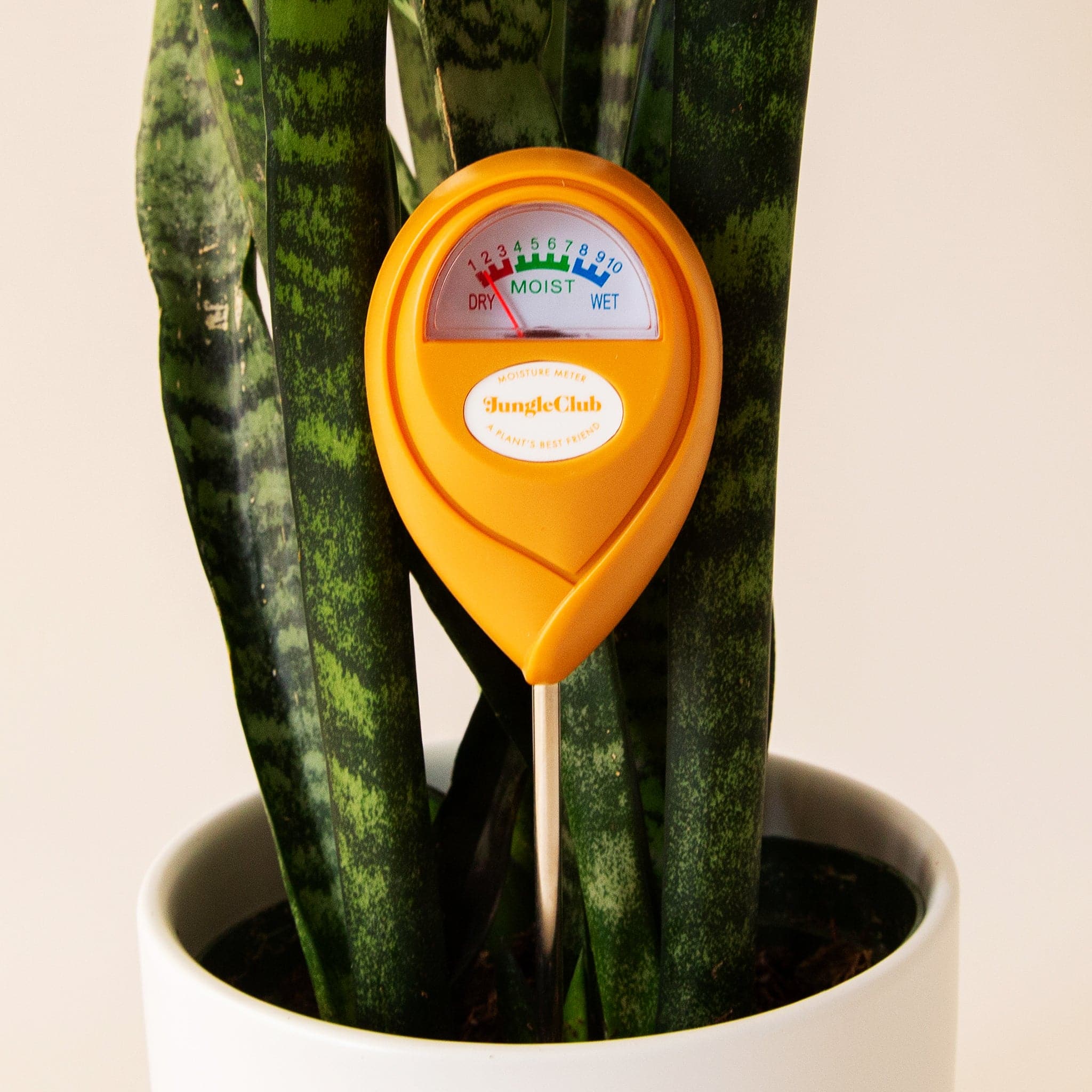The Ultimate Guide to Selecting the Right Moisture Meter for Your Demands
Wiki Article
The Ultimate Overview to Moisture Meters: A Comprehensive Overview and Just How They Can Save You Money
In the realm of structure maintenance, construction, and numerous markets, the significance of precisely measuring dampness levels can not be overemphasized. Wetness meters serve as crucial tools in discovering and keeping track of moisture web content in materials, aiding in protecting against costly damages and making sure the quality of products. Understanding the subtleties of various types of dampness meters, their applications, and the prospective cost-saving advantages they supply can be a game-changer for specialists and services alike. Uncovering exactly how these tools can not only simplify processes however additionally add to economic savings is a trip worth starting.Kinds Of Moisture Meters
Numerous kinds of dampness meters are available for different applications in various markets. One usual kind is the pin-type moisture meter, which measures the electrical resistance between two pins inserted into a material. This type is appropriate for timber, drywall, and various other structure materials. Pinless dampness meters, on the other hand, usage electro-magnetic sensing unit plates to scan a bigger location without causing damage to the product's surface area. Moisture Meter. These meters are perfect for promptly assessing dampness degrees in large areas such as floorings and walls.
Additionally, there are also specialized wetness meters designed for particular materials like hay, dirt, or grain. These meters offer exact wetness readings customized to the special properties of the product being evaluated. Infrared dampness meters measure the thermal properties of a material to determine its wetness content non-invasively, making them beneficial for applications where pin or pinless meters may not appropriate. Understanding the different kinds of dampness meters available can assist sectors select the most proper device for their specific dampness dimension demands.

Benefits of Making Use Of Wetness Meters
Moisture meters use important benefits in accurately keeping track of and examining dampness degrees in diverse products and settings (Moisture Meter). Among the primary benefits of utilizing wetness meters is the avoidance of potential damage triggered by excess wetness. By finding and addressing high moisture levels early, dampness meters help to stop mold and mildew development, rot, and architectural damages in structures, conserving both time and cash on repairs. Additionally, moisture meters aid in making sure the quality of products throughout building and construction or production procedures. By accurately measuring moisture content, these tools help keep the honesty of timber, drywall, concrete, and various other products, reducing the risk of failures or issues.
In addition, using wetness meters can lead to enhanced power effectiveness. In farming settings, moisture meters play a critical function in optimizing plant yields by enabling farmers to keep track of dirt wetness degrees and make educated irrigation decisions.
Exactly How to Pick the Right Wetness Meter
When picking a dampness meter, it's here necessary to guarantee that the meter is appropriate for the particular material you will be testing. Various materials have differing electric homes that can impact dampness readings, so picking a meter made for your material is critical for accurate results. By thoroughly examining these elements, you can choose a wetness meter that meets your needs and provides exact moisture dimensions for your projects.Proper Methods for Moisture Meter Use

Expense Savings Via Wetness Meter Applications
Just how can the critical usage of dampness meters bring about significant expense savings throughout various sectors? Moisture meters play a critical function in expense savings by stopping possible damages and ensuring quality control in different sectors. In the farming sector, moisture meters help in figuring out the ideal time for harvesting crops, preventing over-drying or excess wetness that can influence the final product's high quality. This exact monitoring aids farmers prevent unnecessary losses and maximize their return.
Similarly, in construction, dampness find meters assist protect against costly problems by discovering wetness levels in building products, such as timber or concrete, which can bring about structural issues otherwise dealt with quickly. By determining problem areas beforehand, service providers can take rehabilitative procedures to stay clear of extensive repair services or replacements, eventually conserving money and time.
In addition, in the food processing industry, wetness meters are essential for keeping track of item quality and making certain find out this here compliance with security policies. By accurately measuring wetness web content in food items, producers can protect against wasting, keep freshness, and decrease waste, resulting in considerable price savings. In general, the critical application of dampness meters is a valuable investment that can result in considerable cost decreases and enhanced performance across different sectors.
Final Thought
In verdict, moisture meters are useful devices for gauging and detecting dampness levels in various products. By using the right moisture meter and adhering to proper techniques, customers can efficiently avoid expensive damages caused by excess dampness.Dampness meters offer as crucial devices in discovering and checking moisture material in products, aiding in stopping costly damages and ensuring the quality of products. Infrared dampness meters determine the thermal residential properties of a material to establish its dampness content non-invasively, making them beneficial for applications where pin or pinless meters might not be appropriate.Wetness meters supply very useful benefits in accurately examining and monitoring dampness levels in varied materials and environments. In farming settings, wetness meters play a critical role in maximizing plant returns by allowing farmers to monitor dirt moisture degrees and make notified irrigation decisions.In verdict, wetness meters are valuable devices for detecting and measuring dampness degrees in numerous materials.
Report this wiki page